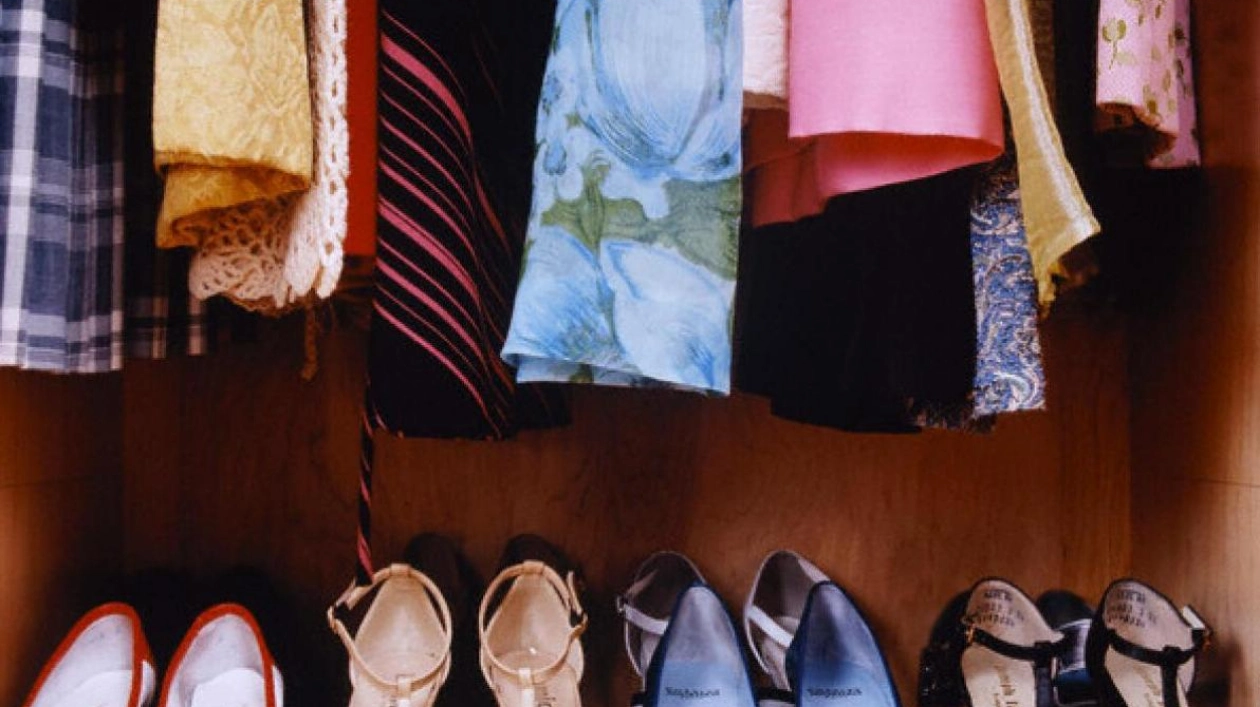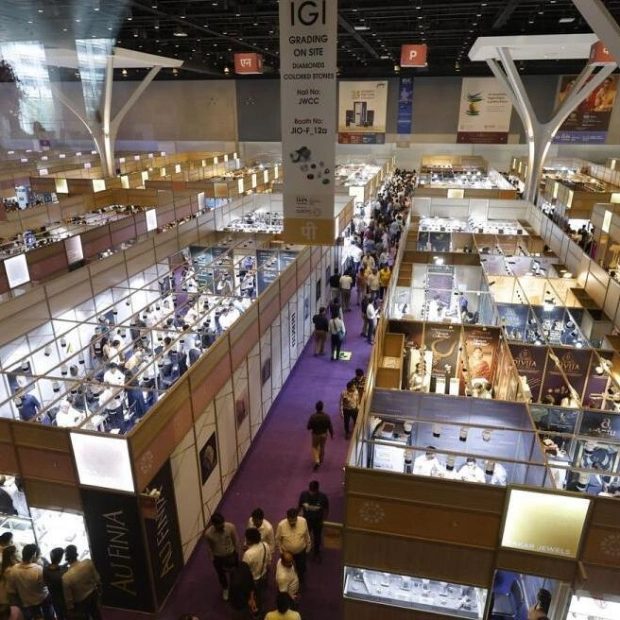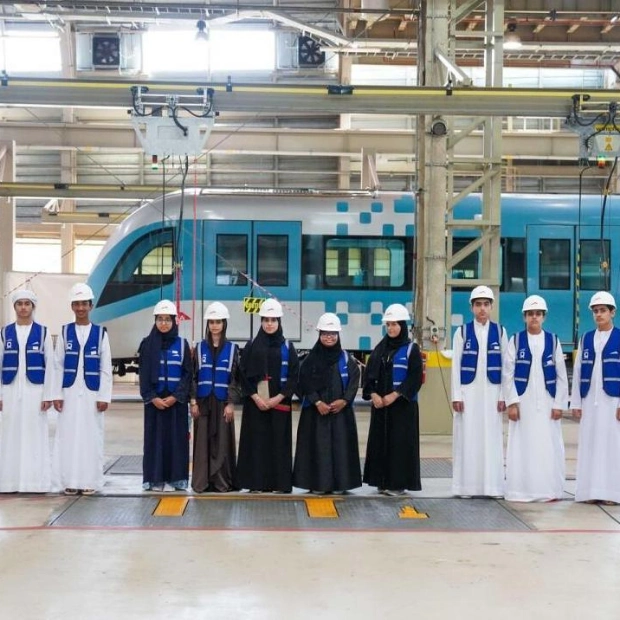In the UAE, approximately 25 million pairs of shoes are discarded each year. On a global scale, this figure rises to an astonishing 22 billion pairs annually. Experts from a UAE-based multinational conglomerate are calling for greater environmental protection, stressing that sustainability is a collective responsibility. With new shoe designs constantly hitting the market, it's important to remember that a single pair of shoes takes between 30 to 40 years to decompose fully.
"In the UAE, around 25 million shoes are discarded every year," stated Rajesh Garg, Chief Financial and Sustainability Officer of Landmark Retail, during the inauguration of a new textile recycling facility at Dubai World Central (DWC). He also highlighted the environmental impact of other consumer goods in the fashion industry, labelling it as the "most polluting industry." Garg added, "120 billion garments are produced annually, with 30% worn only once. Only 1% is recycled. Globally, one truckload of fashion waste is sent to landfills every second. The fashion industry pollutes more than aviation and shipping combined, contributing 10% of global emissions."
Experts also pointed out the hidden environmental costs of the fashion industry and consumer washing habits, noting that wasteful practices such as overproduction, underutilised clothing, and poor recycling methods result in significant revenue loss in the textile sector. "Fashion represents a $500 billion lost opportunity. A lot of this is hidden. For every garment we wash, we release the equivalent of 51 billion bottles' worth of microfibres into the ocean. Next time you consider washing your jeans unnecessarily, think twice. It contributes to various environmental issues."
Garg further emphasised the environmental impact of synthetic fibres, which are derived from oil. He noted that the UAE, a leading oil producer, could see the equivalent of 100 days of its oil production consumed by synthetic fibre production alone. "This highlights the immense challenge we face. Additionally, only a small fraction of the plastic and packaging used in the fashion industry is recyclable."
In the context of these concerns, the UAE Circular Economy Council held its first meeting of 2024, chaired by Abdullah bin Touq Al Marri, Minister of Economy and chairman of the UAE Circular Economy Council. The Council discussed new proposals and strategies for implementing the "Circular Economy Policy 2021-2031," aimed at enhancing sustainability and resource efficiency, while accelerating circular economy initiatives through national collaboration.
Industry leaders also stressed the need to reduce textile waste and promote sustainability in the UAE's textile sector, viewing it as a pathway to innovation, economic growth, and a sustainable future. Renuka Jagtiani, chairwoman of Landmark Group, said, "Protecting the environment is a shared responsibility and cannot be achieved by any single entity. Our mission is to collaborate with the retail sector in the UAE and the broader textile industry in the region to embrace greater circularity in product lifecycles and drive change in the region and the country. This is a long journey that requires collective effort."
Source link: https://www.khaleejtimes.com






